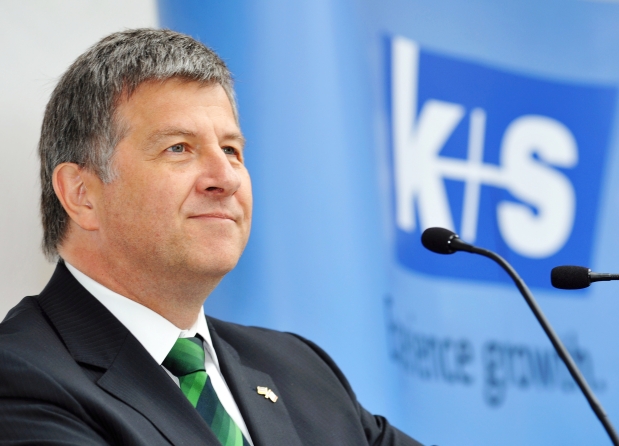Germany’s K+S AG has refused to accept an $8.7 billion bid (€41 per share) from Canada’s Potash Corp of Saskatchewan saying that the offer is too low and “completely disregards” the company’s value and potential of its potash project in Saskatchewan. Buying K+S AG would help Potash Corp, the world’s largest potash firm, to tackle increasing competition. The acquisition would enable the Canadian potash giant to control about a third of the global potash market. Moreover, Potash Corp would acquire K+S’s project in the prairies, which is to begin production in 2016. K+S said that Potash Corp’s offer ignored the value of its entire business being the world’s largest supplier of salt products.
On top of the price, both K+S and German authorities are afraid that Potash Corp would be unwilling to continue K+S operations in German mines, which have high cost of production. There are also concerns that the Canadian giant would not be particularly sensitive to the needs of about 14,000 employees. “Despite repeated requests to address this question, Potash Corp.’s answers have remained vague,” Norbert Steiner, K+S’s CEO, said in a statement.
If K+S does not agree on a price soon, Potash Corp is expected to go directly to shareholders, which they already hinted pending total examination of K+S’s operations. However, the German firm said it would not give Potash Corp access to its books any time soon. “You should not forget we are talking about a competitor,” K+S’s CFO, Burkhard Lohr, said and added that “it is tricky to open books and strategies to a competitor”.
K+S’s management is generally convinced that the acquisition of the company by Potash Corp would be an ideal problem solver for the Canadian firm. “Potash Corp. sites in Canada produce at significantly lower costs than our German sites. But they are under-utilized. Obviously it makes ultimately little sense for Potash Corp. to operate our German sites at the current level,” Mr. Steiner explained.




